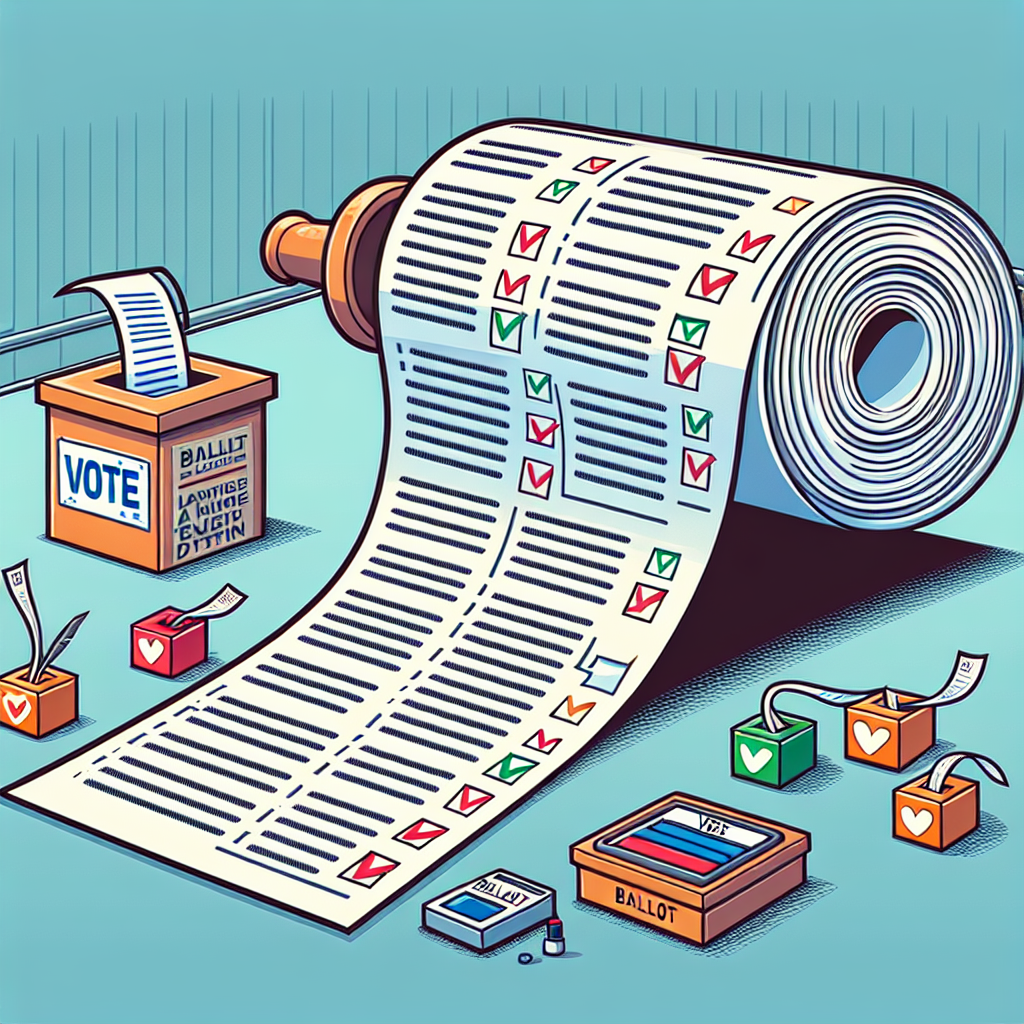Bolivia's Pivotal Election Amid Economic Strain: A Turning Point in Politics
Bolivia's general election, overshadowed by high inflation and the absence of former President Evo Morales, moves forward amid economic concerns. Voter turnout was steady, with opposition candidates leading but no clear majority. Political dynamics are shifting as MAS faces unprecedented challenges, marking a potential 'crossroads moment' for the nation.

Ballot stations in Bolivia have officially closed following a crucial general election. This event comes during a period marked by soaring inflation and the notable absence of former President Evo Morales, who is banned from participating. Initial results are anticipated late Sunday night.
The Organization of American States reported that the election occurred with minimal disruptions, despite rallies by Morales' supporters. Opposition leaders Samuel Doria Medina and Jorge "Tuto" Quiroga currently lead but lack decisive majorities, with nearly a quarter of voters undecided, signaling a potential runoff.
Economical concerns loomed large, influencing voter sentiment as inflation spiked to 23% in June. The election is a 'crossroads moment' for Bolivia, given the economic challenges and emerging political realignments. Analysts believe the right or specific leftist factions could capitalize on the current MAS predicament.
(With inputs from agencies.)
- READ MORE ON:
- Bolivia
- election
- inflation
- Evo Morales
- opposition
- candidates
- MAS
- politics
- economy
- voter turnout
ALSO READ
NIA Captures Key Suspect in Manipur Massacre
PM Modi Criticizes Opposition for Operation Sindoor Remarks
Congress Alleges Electoral Malfeasance: Opposition vs. BJP Intensifies
Congress constantly insulting armed forces' valour, called Operation Sindoor 'tamasha': PM Modi.
Political Firestorm: BJP's Dubey Accuses Rahul Gandhi Amidst Hamas Allegations










